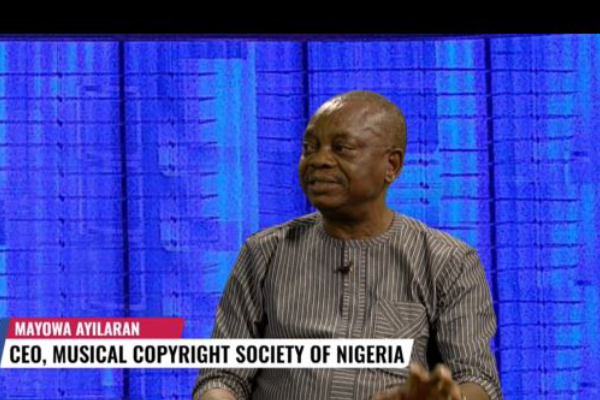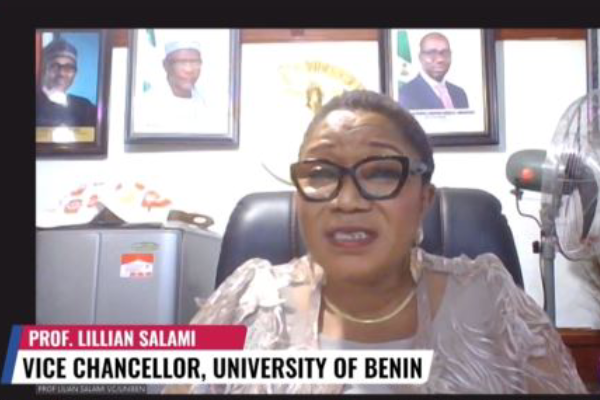Gone are the days where many buy music records from DVDs CDs which invariably affect the commercialization of the songs.
Technology has enabled many record labels and musicians seize full control of the royalties from their creative works. This has also made it simpler to track revenue sources and set uniform percentage earnings.

The legality of royalty in Nigeria is rooted in the Copyright Act which is the exclusive legal right given to an originator of an assignee to print, publish perform film or record literary artistic or musical material and to authorize others to do the same.
Chief Executive Officer of the copyright Society of Nigeria Mayowa Avilaran discussing this issue on TVCBreakfast said royalty is the regular payment you make to the creator of your work when you deploy such work
in a business or in the public space.
There are other fees, such as legal fees and administration fees. There is also another type of income that comes from things like endorsements, which is promoting a specific product or service and using someone’s picture, music, or work, which will also draw their own fee which may be one-off or pay as you go.
But for royalty, it’s what you collect for the regular use of a work consistently in another kind of platform or in a business.
“For instance in broadcasting where you pick many pieces of works particularly musical works and sound recording and you infuse it into your programs and you broadcast to the public, that generates royalties for the creators which is the artist, the producers Vis-a-Viz the writers and the composers.
“This extends to places like restaurants, bars, hotels, event centers like concerts. These are where these royalties come from, they are not exhaustive.
On how he is able to protect artist’s interest across board, Mr Avilaran said there is first the need for those people to understand and to accept their obligations under the law.
According to him, there is the moral aspect to it because the person whose music you are using to promote your business, has his own need, but the law which is the copyright compels that person to at least give back
to the creator of that work.
The user must be highly educated and informed in order to regard it as an obligation rather than a levy or fee.
He stated that the organization’s first difficulty was that individuals complained about too many taxes, but they were eventually educated to see that the music they use in their enterprises is just as significant as the phone calls they make.
Mr Avilaran said it is not surprising to see a natural resistance at the initial stage but said the organisation cannot go outside the law but go through the law after having been duly informed and educated.














